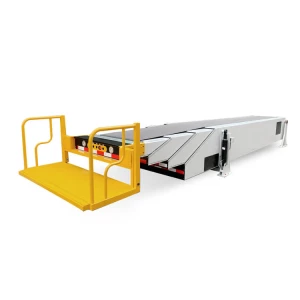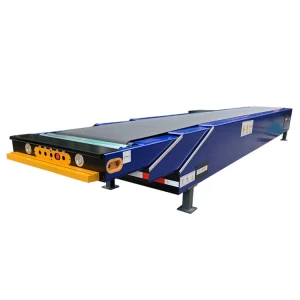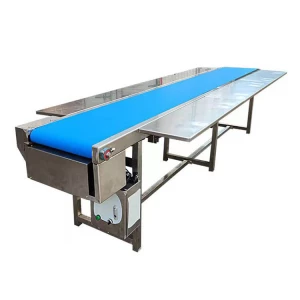How to Source High-Quality Conveyors from China in 2025
With the global demand for efficient material handling solutions on the rise, conveyors have become indispensable in industries like manufacturing, logistics, and food processing. China remains a top supplier, offering competitive pricing and advanced technology. This guide will help you navigate the process of sourcing reliable conveyors from China in 2025.
How to Find Reliable Conveyors from China in 2025
Finding trustworthy suppliers is critical. Start by researching manufacturers on platforms like Alibaba or Made-in-China. Look for suppliers with verified certifications (ISO 9001, CE) and positive customer reviews. Request samples to evaluate build quality and performance. Additionally, consider attending trade shows like Canton Fair to meet suppliers in person.
What Buyers Should Know Before Buying Conveyors from China
Before placing an order, verify the supplier’s production capacity and lead times. Clarify payment terms (30% deposit, 70% before shipment) and shipping options (FOB, CIF). Ensure the supplier provides detailed technical specifications and after-sales support. A reliable partner will offer warranties and spare parts availability.
Types of Conveyors
Belt Conveyors: Ideal for transporting bulk materials over long distances.
Roller Conveyors: Perfect for heavy loads in warehouses.
Chain Conveyors: Used in automotive and heavy industries.
Screw Conveyors: Best for granular or powdered materials.
Overhead Conveyors: Maximize floor space in assembly lines.
Functions and Features of Conveyors
Modern conveyors come with features like adjustable speed, automated sorting, and IoT integration for real-time monitoring. Key functions include:
- Efficient material transport
- Reduced manual labor
- Enhanced workplace safety
- Customizable layouts for space optimization
Scenarios of Conveyors
E-commerce Warehouses: High-speed sorting systems handle thousands of packages daily.
Food Processing: Stainless steel conveyors meet hygiene standards.
Automotive Plants: Overhead systems streamline assembly lines.
Mining: Heavy-duty belt conveyors transport raw materials efficiently.
How to Choose Conveyors
Consider these factors:
Load Capacity: Match the conveyor to your heaviest item.
Environment: Choose corrosion-resistant materials for harsh conditions.
Customization: Opt for modular designs if layout changes are likely.
Budget: Balance upfront costs with long-term maintenance savings.
Conveyors Q & A
Q: What’s the average lifespan of a conveyor system?
A: With proper maintenance, most systems last 10–15 years.
Q: Can I get customized conveyors from China?
A: Yes, many suppliers offer tailored solutions for unique requirements.
Q: How do I maintain my conveyor?
A: Regular lubrication, belt tension checks, and cleaning are essential.
Q: What’s the lead time for orders?
A: Typically 4–8 weeks, depending on complexity and order volume.
Q: Are Chinese conveyors energy-efficient?
A> Many newer models feature energy-saving motors and smart controls.
































